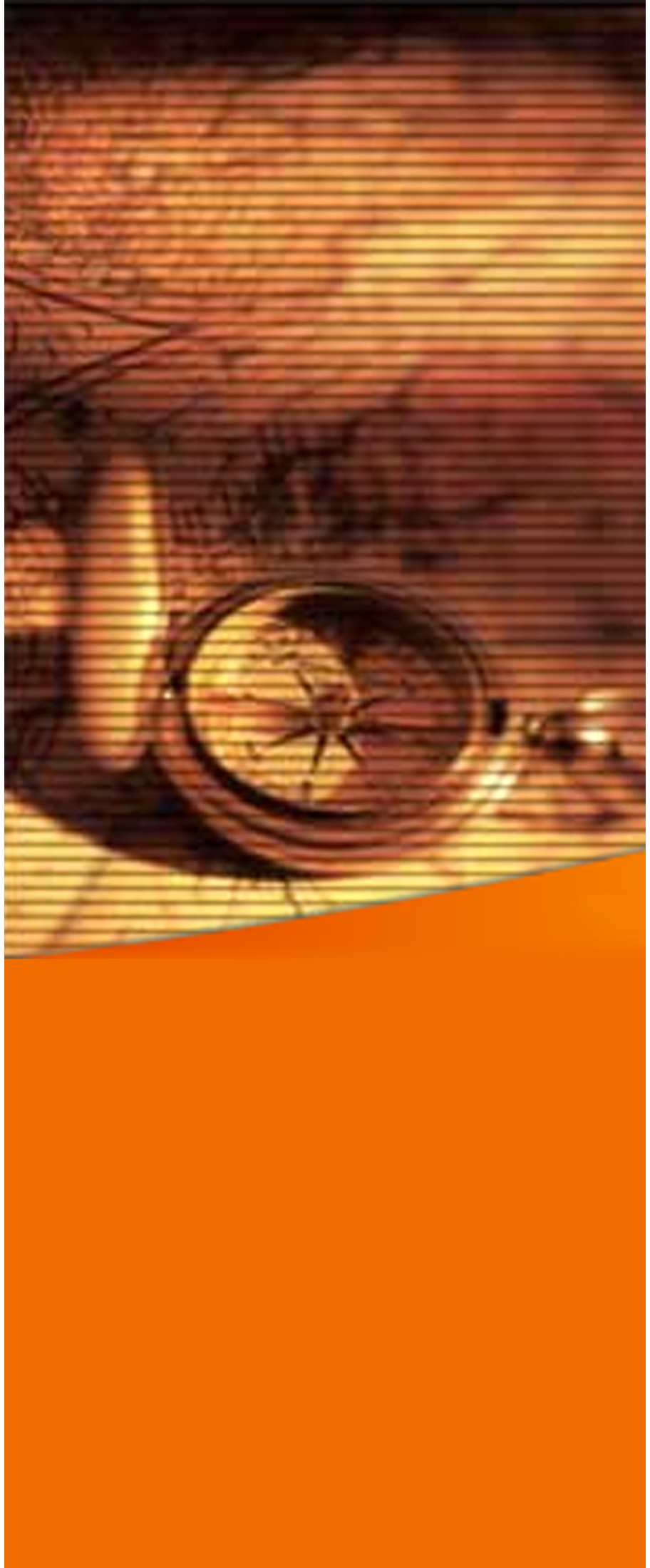
Close Window to Exit
Success Strategies
First Edition, Volume I: August 2006
Part II- English Language Grammar Primer & Exercises
TYPES OF VERBS
Regular verbs use suffixes –ed or –d to indicate past tense. These verbs have only four conjugated forms: two present tenses, a past tense, and a present participle. Regular verbs’ past tense and past participle forms are identical.
Conjugation of Regular Verbs
Base |
HUNT |
HOPE |
Present |
hunt / hunts |
hope / hopes |
Past |
hunt-ed |
hope-d |
Present Participle |
hunt-ing |
hop-ing |
Past Participle |
hunt-ed |
Hop-ed |
Infinitive |
to hunt |
to hope |
Irregular verbs, of course, are different from regular verbs. The largest category of irregular verbs in English contains words that form their past tense by changing their vowel. These mildly irregular verbs normally have a unique past participle that differs from their past tense.
Conjugation of Irregular Verbs
Base |
DRIVE |
STINK |
GRIND |
Infinitive |
to drive |
to stink |
to grind |
Present |
drive / drives |
stink / stinks |
grind / grinds |
Past |
drove |
stank |
ground |
Present Participle |
driv-ing |
stink-ing |
grind-ing |
Past Participle |
driv-en |
stunk |
ground |
Conjugation of Irregular Verbs
Base |
BE |
GO |
Infinitive |
to be |
to go |
Present |
am / are / is |
go / go-es |
Past |
was / were |
went |
Present Participle |
be-ing |
go-ing |
Past Participle |
be-en |
go-ne |